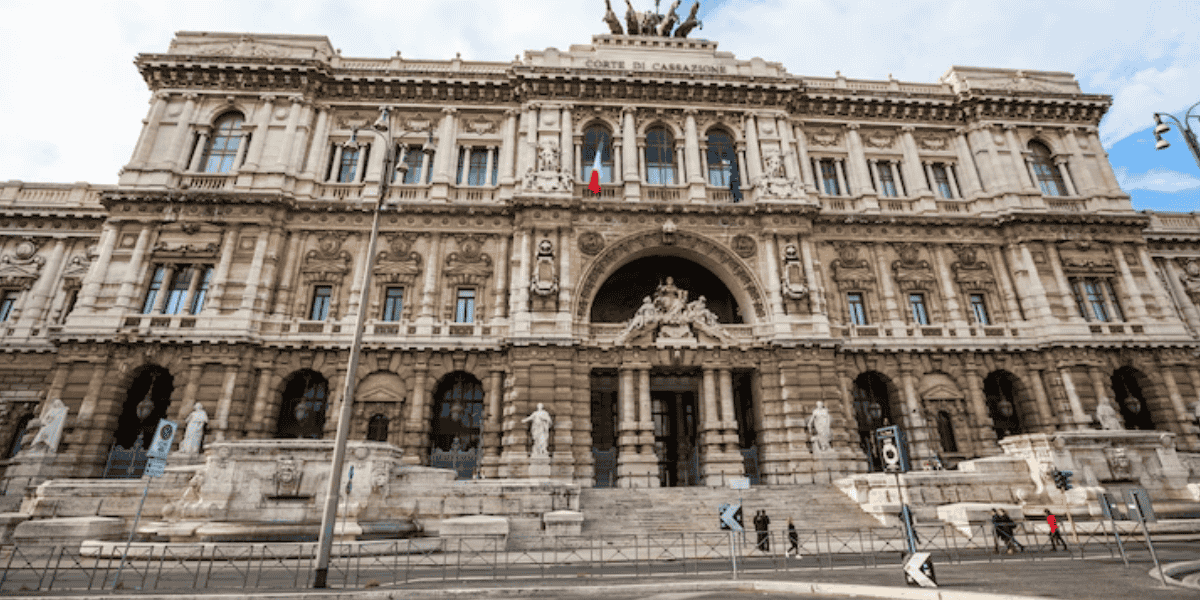On 20 October 2023, the Italian Revenue Agency issued the draft transfer pricing guidelines for implementing the Investment management exemption regime (IME). The draft was in public consultation until 3 November 2023.
The IME was introduced by Law No. 197 of 29 December 2022 (2023 Italian Budget Law) through amendment of the Article 162(6) and 162(7) of the Italian Income Tax Code (Art. 162). The draft TP Guidance outlines recommended transfer pricing methods for two main categories of intercompany services frequently encountered in multinational asset management groups.
These categories are:
- Investment management services
- Services related to and instrumental to investment management activities
Investment management services
Article 4 in the draft TP Guidance offers a more comprehensive definition of “investment management services” than the activities envisioned in the IME statutes. The activities included are:
- Investment management activities relevant to IME under Article 162, such as buying, selling, and trading financial instruments, including derivatives and receivables
- Administration of the assets raised, such as legal and accounting services related to asset management and provision of information to clients
- Marketing activities such as market solicitation and promotional activities
According to the draft TP Guidance, the Comparable Uncontrolled Price (CUP) method is considered the most suitable approach for these services.
Services related to and instrumental to investment management activities
The activities included are:
- Activities that enable the promotion and development of the investment management business, such as financial advisory services.
- Ancillary activities include preparing economic studies, investment research and financial analysis, accounting, economic and financial data communication, and information technology.
The draft TP Guidance does not propose a specific transfer pricing methodology as the preferred choice for this category of services. Instead, it emphasizes the importance of selecting a method from those outlined in the OECD Guidelines and the Decree based on the specific circumstances of each case.














